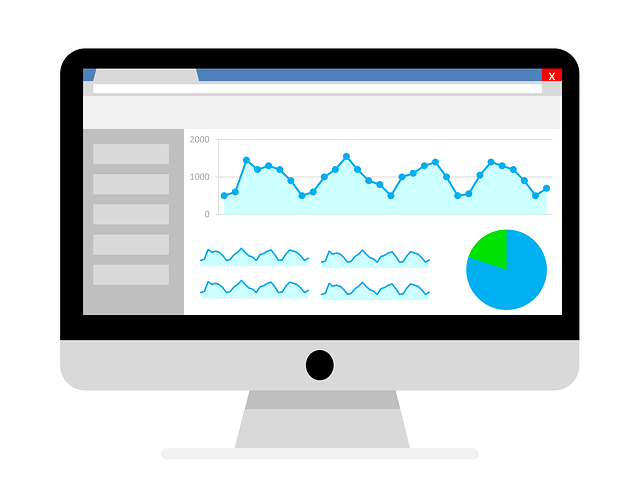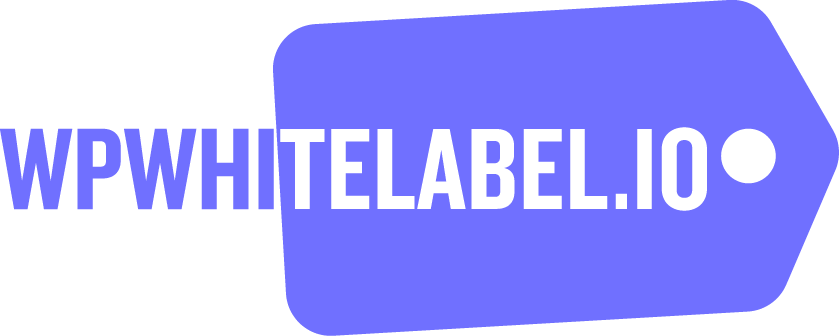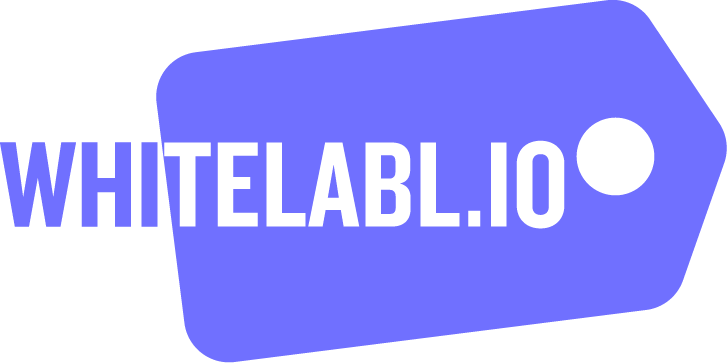SEO reporting is an essential element of modern digital marketing. It provides businesses and agencies with a clear view of their SEO efforts, offering valuable insights into performance, trends, and areas for improvement. For agencies, white label SEO client reporting ensures that data is presented under their brand, fostering trust and professionalism with clients.
In this guide, we’ll explore everything you need to know about creating effective SEO reports, the tools and metrics to include, and how to streamline the SEO reporting process to deliver value and transparency to your clients.
Why SEO Reporting is Important?

Regular SEO reporting is crucial for tracking the success of SEO campaigns and justifying the resources allocated to search engine optimization efforts. It provides clients with clear evidence of progress, helps identify opportunities for improvement, and builds trust through transparent communication.
Key reasons why SEO client reports matter:
- Track SEO Efforts: Monitor the impact of keyword rankings, organic traffic, and site speed improvements.
- Justify Budgets: Demonstrate ROI to clients by showcasing results through monthly SEO reports.
- Data-Driven Decisions: Use SEO data to refine SEO strategies and enhance search engine rankings.
- Build Trust: Transparent reporting fosters long-term relationships by aligning with the client’s business objectives.
Learn About: How to Scale Your Business with White Label SEO Services?
Understanding White Label SEO Reports
An SEO report is a structured overview of key metrics that indicate a website’s SEO performance. For agencies offering white label SEO services, these reports are an essential way to demonstrate the value of their work while maintaining the agency’s branding. White label SEO reports can take various formats, such as PDFs, dashboards, or automated reports generated through tools like Google Data Studio or SE Ranking, all customized with the agency’s branding to present a professional and consistent image.
Essential Components of an Effective White Label SEO Report
To create reports that resonate with clients and meet their specific goals, it’s crucial to include the following components tailored for clarity and simplicity:
- Organic Traffic: Highlight growth trends and search visibility from organic search, providing a clear indicator of how SEO efforts are driving more visitors to the site. This is often a top priority for clients, making it a key metric to emphasize.
- Keyword Rankings: Track performance for target keywords and changes in search volume. Demonstrating improvements in keyword positions reinforces the effectiveness of the SEO strategy and helps clients see tangible results.
- Technical SEO: Include site health scores, site speed, and findings from website audits. Clients often value insights into the structural aspects of their site, as these impact performance and search engine rankings.
- Engagement Metrics: Analyze user behavior on landing pages, such as bounce rates, session durations, and click-through rates. These metrics provide clients with a better understanding of how visitors are interacting with their site.
- Link Building Efforts: Present data on referring domains, the quality of backlinks acquired, and how these contribute to search engine optimization efforts. Highlighting progress in this area is critical for demonstrating off-site SEO success.
Read: The Future of SEO: Trends That Will Impact White Label SEO Services in the Next Five Years
Customizing Reports for White Label Services
When creating white label SEO reports, customization and branding are key to delivering reports that meet the client’s business objectives. Effective customization includes:
- Tailoring Metrics: Ensure the metrics and data align with the specific goals of the client’s SEO campaigns, such as focusing on local SEO for regionally targeted businesses or site speed for e-commerce platforms.
- Simplifying Data Presentation: Use visuals like charts and tables to make complex SEO data easier to interpret. This approach ensures clients can quickly grasp insights without technical expertise.
- Adding Context and Recommendations: Include an executive summary that highlights the key findings and suggests actionable next steps. This positions your agency as a strategic partner rather than just a service provider.
- Maintaining Brand Consistency: Apply the agency’s branding to every element of the report, from the logo to the color scheme, ensuring a professional appearance.
By focusing on customization, clarity, and client-specific goals, white label SEO reports can build trust and transparency while effectively showcasing the impact of SEO efforts. This approach ensures clients view your agency as a valuable partner in achieving their digital marketing objectives.
Discover: How to Get the Most Out of Your White Label WordPress Support: An Agency Guide
Essential Metrics and KPIs for SEO Reports

A good SEO report focuses on key performance indicators (KPIs) tailored to the client’s business objectives. Common KPIs include:
- Keyword Rankings: Track changes in rankings for priority search terms.
- Organic Traffic: Measure growth in visitors from search engines.
- Conversion Rate: Showcase how SEO efforts drive leads or sales.
- Backlink Data: Highlight new and authoritative backlinks.
- Site Health: Use tools like Google Search Console to ensure technical compliance.
Using Google Search Console for SEO Reporting
Google Search Console (GSC) is a foundational tool for SEO reporting. It provides insights into organic search performance and helps troubleshoot issues affecting SEO site health.
Key features of GSC include:
- Monitoring search visibility and keyword performance.
- Analyzing click-through rates (CTR) for priority landing pages.
- Highlighting issues with mobile usability, site speed, and index coverage.
When combined with Google Analytics, GSC offers a holistic view of SEO data, ensuring a comprehensive analysis of user behavior and site performance.
Choosing the Right Tools for SEO Reporting
The success of SEO client reporting depends on the right SEO reporting tools. These tools help collect, analyze, and present relevant data in a client-friendly format.
Top tools for SEO reports:
- SE Ranking Report Builder: Customizable dashboards and automated SEO reports.
- Looker Studio (Google Data Studio): Integrates data from multiple sources for visually appealing reports.
- Semrush: Combines SEO analysis with report creation for all-in-one functionality.
- Whatagraph: Offers seamless integration of data from multiple SEO tools into a single report.
Learn About: A Beginner’s Guide to Understanding WordPress Outsourcing
Creating Effective SEO Reports

To create an SEO report that resonates with clients, follow these best practices:
- Define Goals: Align metrics with the client’s business objectives.
- Select Relevant Data: Include metrics like organic traffic, search rankings, and site health.
- Use Clear Visuals: Incorporate charts, tables, and graphs for easy interpretation.
- Include an Executive Summary: Summarize progress and recommend next steps.
- Tailor Reports: Customize reports to reflect industry-specific SEO metrics.
Read About: Top White Label WordPress Services to Resell & Increase Revenue
Automating and Streamlining SEO Reporting
Automated reports save time and reduce errors, allowing agencies to focus on strategic SEO analysis. Tools like SE Ranking and Semrush offer automation features, including scheduled monthly SEO reports.
Benefits of automation:
- Efficiency: Generate reports quickly without manual effort.
- Consistency: Maintain a standardized reporting format across all client SEO reports.
- Scalability: Handle growing SEO campaigns seamlessly.
Best Practices for SEO Client Reporting
Delivering effective SEO reports requires balancing data depth with clarity. Here are some tips:
- Client-Centric Approach: Tailor reports to address specific client goals, such as improving keyword rankings or enhancing local SEO.
- Actionable Insights: Provide recommendations for optimizing SEO strategy.
- Clear Presentation: Ensure reports are visually appealing and easy to navigate.
SEO Report Templates and Resources
Using templates simplifies the process of creating SEO reports. Options like DashThis and Whatagraph help combine SEO metrics into cohesive, professional presentations.
Further Reading: How a White Label WordPress Agency Can Future-Proof Your Digital Business?
Conclusion: The Future of White Label SEO Client Reporting
As digital marketing evolves, SEO reporting will continue to play a critical role in demonstrating the value of SEO campaigns. The adoption of AI-driven tools and automated SEO reporting software will further streamline the process, enabling agencies to deliver custom SEO reports that align with each client’s business objectives.
By focusing on relevant SEO data, actionable insights, and a client-centric approach, agencies can build trust and transparency, solidifying long-term relationships with their clients. Whether it’s monthly SEO reporting or automated reports, effective reporting is the key to showcasing the success of search engine optimization efforts.



